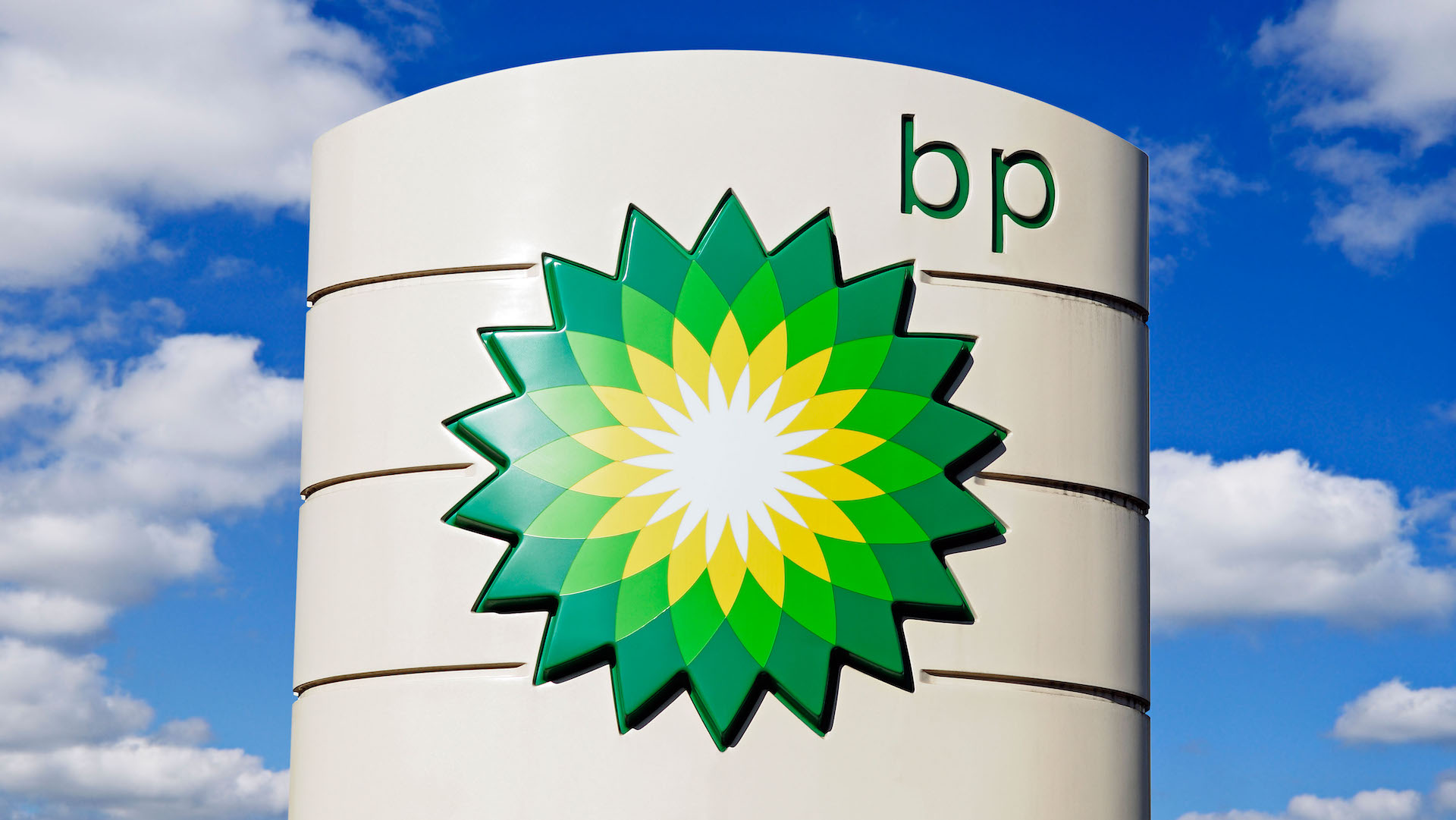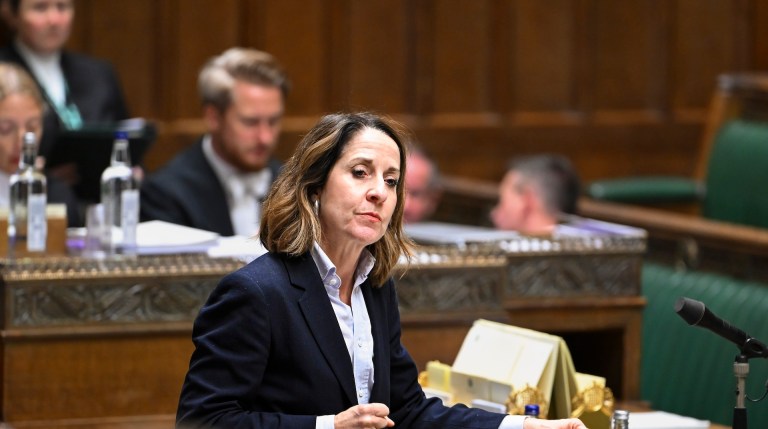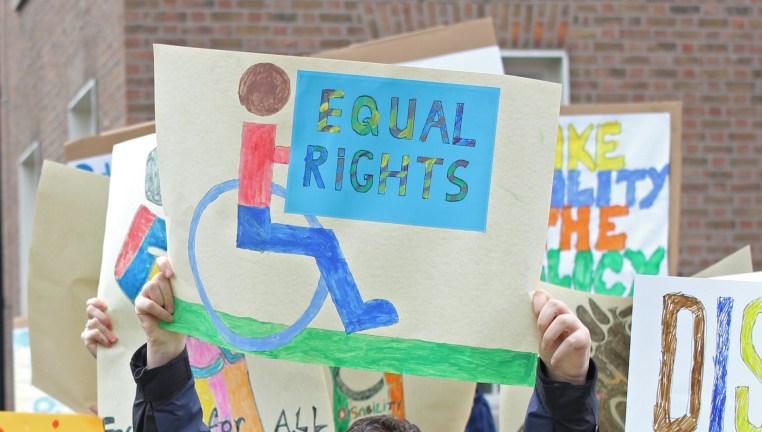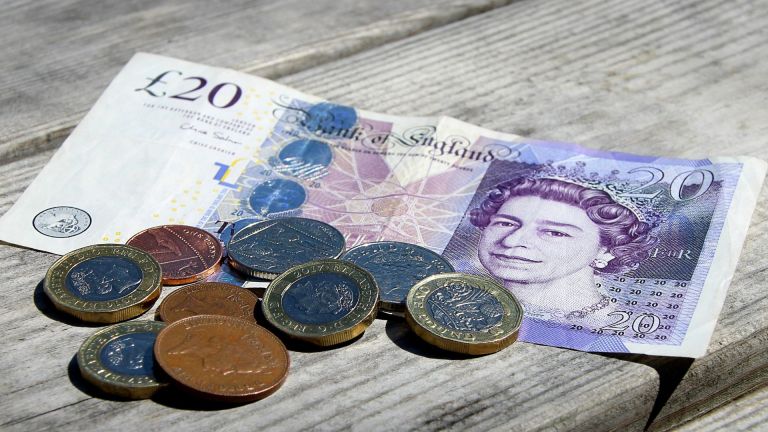Last year, 31 companies signed a letter written by the oil and gas industry representative Offshore Energies UK. This letter warned the prime minister that a windfall tax could “jeopardise” investment, jobs and net zero targets. The windfall tax was introduced, but with loopholes that would reward these companies for doing what they had always planned to do – drilling for ever-more fossil fuels.
More than a year on, the likes of BP and Shell have pumped more oil out of the ground and more money to shareholders. This doesn’t mean pension funds, who only own around 0.2% of BP and Shell shares. This means wealthy overseas investors and private equity firms who dominate ownership of UK shares.
This money has come from every household across the UK who has faced a once in a generation cost-of-living crisis. The government was able to shield consumers to a certain extent, through cost of living payments and the Energy Price Guarantee. But industry lobbying was enough to put the government off from making the energy companies pay their fair share, instead, absorbing the losses through borrowing.
In 2022, shareholders received around £30bn from BP and Shell alone and the latest set of quarterly results announced over the past week show no signs of this party ending. Together, the companies announced share buybacks worth £4.5bn over the next quarter. This is where a company buys back its own shares from shareholders on the open market and adds an extra payment on top of more traditional dividends (which have also gone up).
There are two reasons for doing this. Firstly, it allows the company to reduce the number of shares in circulation, boosting the price of shares that are left. Secondly, this incurs lower taxes for investors – dividends are taxed as income whilst buybacks are not.
Get the latest news and insight into how the Big Issue magazine is made by signing up for the Inside Big Issue newsletter









